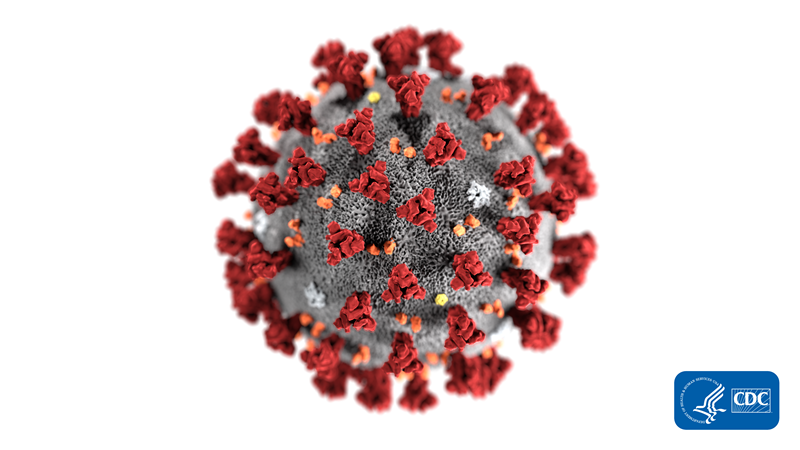A study published by the Lancet reported that as of Jan. 2, 2020 the most common symptoms at onset of illness were fever [98%], cough [76%], and myalgia, or fatigue [44%]. Less common symptoms were sputum production [28%], headache [8%], haemoptysis (coughing up blood) [5%], and diarrhea [3%].
One distinguishing feature of this Coronavirus infection, named COVID-19, is dyspnoea or shortness of breath, which has been reported in more than half of patients [55%]. It can take anywhere from 2 to 14 days for symptoms to develop, according to the U.S. Centers for Disease Control and Prevention.
Treatment or vaccine for the Coronavirus?
There currently are neither vaccines nor direct treatments against the novel Coronavirus. Upon admission to hospitals patients are provided with supportive therapies to help with symptom relief until the immune system can fight the virus.
How can I stay healthy?
While the CDC reports that the immediate risk of this new virus to the American public is believed to be low at this time, they recommend that everyone do their part to help us respond to this emerging public health threat. Because people of all ages have been infected by COVID-19, the WHO advises everyone to take proper infection control precautions. The best way to prevent infection is to avoid being exposed to this virus. However, as a reminder, CDC always recommends everyday preventive actions to help prevent the spread of respiratory viruses, including:
- Stay informed!
- Wash your hands often with soap and water for at least 20 seconds.
- If soap and water are not available, use an alcohol-based hand sanitizer with at least 60% alcohol content.
- Avoid touching your eyes, nose, and mouth with unwashed hands.
- Avoid close contact with people who are sick.
- Stay home when you are sick.
- Cover your cough or sneeze (ideally with a disposable tissue).
- Clean and disinfect frequently touched objects and surfaces.
- Do not place your personal belongings on the floor or on surfaces that may be contaminated.
What should you do if you think you are infected?
If you feel sick with fever, cough, have difficulty breathing, and have traveled to China or were in close contact with someone with COVID-19 in the 14 days before you began to feel sick, seek medical care immediately.
Before you go to a doctor’s office or emergency room, call ahead and tell them about your recent travel and your symptoms.
•••
“Clinical Features of Patients Infected with 2019 Novel Coronavirus in Wuhan, China”


